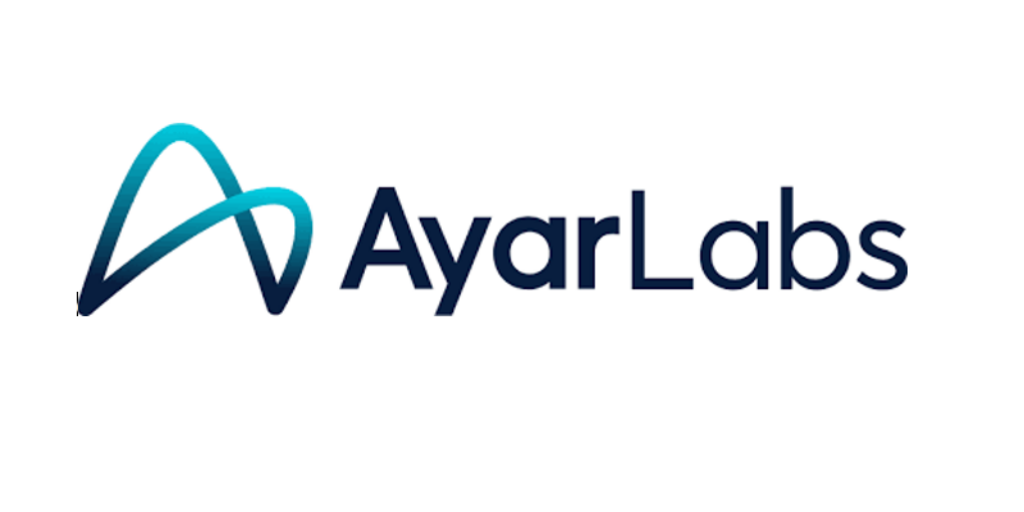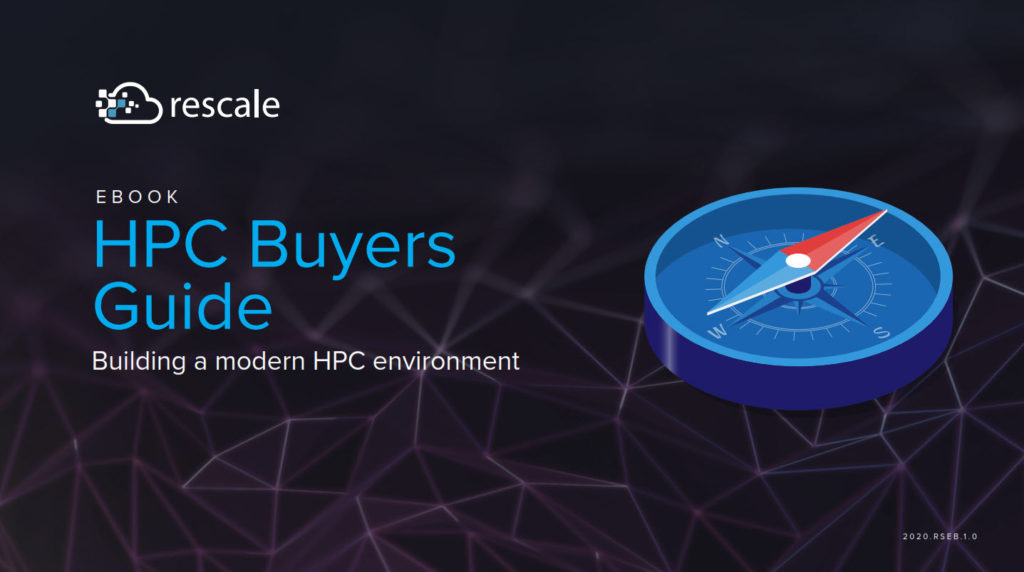
Ian Foster
New York, Sept. 7, 2022 – ACM, the Association for Computing Machinery and IEEE Computer Society have named Ian Foster, a Professor at the University of Chicago and Division Director at Argonne National Laboratory, as the recipient of the 2022 ACM-IEEE CS Ken Kennedy Award. The Ken Kennedy Award recognizes pathbreaking achievements in parallel (high performance) computing. Foster is cited for contributions to programming and productivity in computing via the establishment of new programming models and foundational science services.
Foster has pioneered new approaches to the use of distributed computing for accelerating scientific discovery throughout his career, both within supercomputers and over networks. He has repeatedly proposed out-of-the-box ideas that proved transformative for computer science and computational science: large- scale task-parallel programming, on-demand distributed computations (“grid computing”), virtual organizations, universal data transfer, trust fabrics, and cloud management services for data-intensive science. Each has contributed to programmability and productivity in computing.
Select Technical Contributions
High-level task parallelism: Parallelism has traditionally meant data parallelism and low-level message passing. Recognizing that many interesting task-parallel computations were difficult to realize with such tools, Foster and his colleagues developed new programming methods that eased the specification of interacting tasks, enabled the composition of existing programs, used deterministic constructs to avoid race conditions, and scaled to large distributed and parallel computer systems. Tools such as Strand, Swift, and most recently Parsl, developed in collaboration with colleagues including Steve Taylor, Mike Wilde, and Kyle Chard, have been used to develop pioneering implementations of task-parallel program structures.
Grid computing: Noting the opportunities offered by high-speed networks in the 1990s, Foster and colleagues, including Carl Kesselman and the late Steve Tuecke, launched an effort to create a unifying fabric of protocols, software, and policies for remote and coordinated use of computers, data, instruments, and software regardless of location. Together, these innovations came to be known as “grid computing.” Grid computing, in turn, led to numerous technical advances, innovative applications, and improvements in science infrastructure. For example, the climate community uses these methods to distribute climate data used in Intergovernmental Panel on Climate Change (IPCC) assessments, while the physics community aggregates hundreds of thousands of CPUs contributed by hundreds of participants around the world who use the Large Hadron Collider (LHC) particle accelerator.
A universal data fabric: Historically, network engineers have focused on moving bits and high-performance computing experts on managing data. As a result, end-to-end performance between file systems was invariably poor. Foster and colleagues, including Bill Allcock and Raj Kettimuthu, developed new protocols and software for traversing the storage system-network storage system path, harnessing multilevel parallelism within transfers, negotiating protocol parameters, and detecting and recovering from failure. These methods are now used at thousands of sites worldwide and form the foundation for the demilitarized zones (DMZs)—subnetworks that many scientific institutions use to connect to the world.
A universal trust fabric: Determining who is allowed to perform an action on a remote computer is one of the most challenging problems in distributed computing, encompassing cryptography, protocols, infrastructure, and policies. The fact that it is now possible to transfer data from one laboratory to another without any difficulty owes a great deal to work performed by Foster and colleagues, including Rachana Ananthakrishnan, on identity and credential management, secure authentication, distributed authorization—and, above all, the integration of these elements into usable end-to-end systems.
Cloud services for data-intensive science: Foster and Tuecke realized that the emergence of commercial (“public”) cloud services offered exciting opportunities to rethink research infrastructure, in particular by offloading responsibility for previously manual processes to cloud-hosted services. The resulting Globus service provides managed identity management, data transfer and replication, data sharing, data publication, and other services to the research community. As of early 2021, Globus is used at 13 national laboratories, 65 countries, and more than 1,500 institutions, has 150,000 registered users and has been used to transfer more than 200 billion files and 1.3 exabytes.
Foster and his team worked with colleagues around the world to implement Globus as an essential data infrastructure element in computing and experimental facilities within projects worldwide and in settings as diverse as US Department of Energy and National Science Foundation supercomputer centers, African universities, and US National Institutes of Health intramural laboratories.
Service to the Field and Mentoring
Foster’s books include “Designing and Building Parallel Programs,” the first book published on the web, “The Grid: Blueprint for a New Computing Infrastructure,” (two volumes, edited with Carl Kesselman), and “Big Data and Social Science,” (two editions), which communicated advanced data science methods to government statistical agencies.
He has designed and lead numerous successful US and international projects, from early grid initiatives to recent collaborations in network modeling and exascale co-design. He has served as general and/or program committee chair for many conferences (e.g., High Performance Distributed Computing, IEEE Cloud, IEEE eScience) and numerous scientific advisory boards (e.g., SLAC Scientific Policy Committee, UK eScience, NZ eScience Infrastructure, NSF Computing Community Consortium). Foster has also welcomed dozens of students and postdocs into his group at the University of Chicago and Argonne National Laboratory—people who now are in leadership roles in universities, labs, and companies across the world.
Biographical Background
Ian T. Foster is Senior Scientist, Distinguished Fellow, and Director of the Data Science and Learning Division at Argonne National Laboratory, and the Arthur Holly Compton Distinguished Service Professor of Computer Science at the University of Chicago. Foster received a BSc Degree in Computer Science from the University of Canterbury, New Zealand, and a PhD in Computer Science from Imperial College, United Kingdom.
He is a fellow of the American Association for the Advancement of Science (AAAS), the Association for Computing Machinery (ACM), the British Computer Society (BCS), the Institute of Electronics and Electrical Engineers (IEEE), and a US Department of Energy Office of Science Distinguished Scientists Fellow. He has received the BCS Lovelace Medal and the IEEE Babbage, Goode, and Kanai Awards. He has received honorary doctorates from the University of Canterbury, New Zealand, and CINVESTAV, Mexico.
About the Ken Kennedy Award
ACM and IEEE CS co-sponsor the Kennedy Award, which was established in 2009 to recognize substantial contributions to programmability and productivity in computing and significant community service or mentoring contributions. It was named for the late Ken Kennedy, founder of Rice University’s computer science program and a world expert on high performance computing. The Kennedy Award carries a US $5,000 honorarium endowed by IEEE CS and ACM. The award will be formally presented to Foster in November at The International Conference for High Performance Computing, Networking, Storage and Analysis (SC22).



